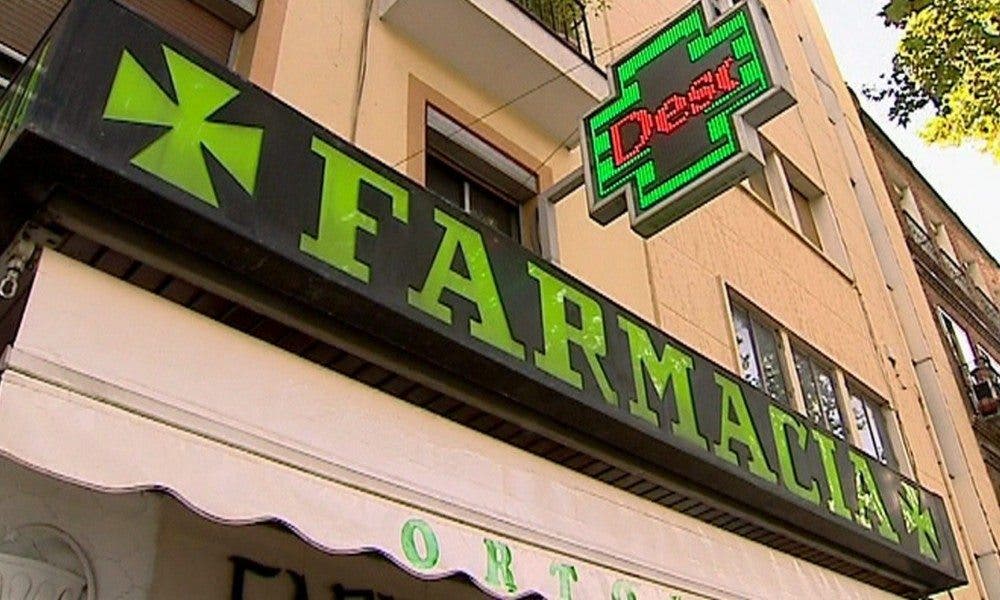The president of the General Council of Official Associations of Pharmacists of Spain, Jesús Aguilar, analyzes, in an article for EFEsalud, the role of community pharmacy against covid one year after the outbreak of the pandemic
Much more than a green cross
It is one year since the start of the COVID-19 pandemic in our country. Everything we have experienced has undoubtedly changed our lives and made us aware of our vulnerability as humanity.
A year marked by social distancing and in turn by emotional closeness. A closeness that in the case of community pharmacists, through the more than 22,000 pharmacies, has been essential for citizens, with that green cross that has always remained lit, accompanying the population.
At all times, pharmacists have developed essential health work in all facets: hospitals, pharmacies, distribution, public health, research and production of drugs or in clinical laboratories.
In all of them, we have contributed with our work to curbing the spread of the virus from the diversity of areas in which we operate.
The agile, fast and safe research on vaccines has allowed us to have three vaccines in months today to immunize the population in Europe, something that none of us would have imagined before this pandemic.
If something has characterized the pharmaceutical profession in this crisis, it has been our continuous desire to collaborate, cooperate, to offer solutions to state and regional administrations, and of course to society as a whole, to help alleviate the collapse of other resources of the National Health System and protect the most vulnerable groups.
From the pharmacy network we have not only guaranteed access to medicines to all Spaniards regardless of their postal code; we have gone further.
We have presented to the health authorities up to 35 proposals during confinement and de-escalation to guarantee the supply of medicines, put an end to speculation regarding the price of masks, take the medication to the elderly or dependents, collaborate with hospitals in dispensing of medicines or, even, social initiatives such as offering help to women who suffered gender violence during confinement through the Mask-19 initiative or the detection of people at risk in collaboration with the State Security Forces.
The pandemic is showing that pharmacies have tremendous health and social potential, and many administrations have finally realized it.
In this third wave, three Autonomous Communities have launched COVID-19 detection programs in pharmacies, something that should have started much earlier, just like HIV or colon cancer screening in pharmacies has been done for decades.
In this sense, we have felt underutilized because we believe that we could have done much more to contain the pandemic, and we have made this known to the health authorities.
As essential professionals in Public Health, and in the first line of care, we are in a prime position to play a much more active role than we are developing.
We have a top-level technical, scientific and health training, and in the case of pharmacies we are at street level attending to the health needs of the population, with an unequaled proximity.
At this time, the COVID-19 vaccination is the most important and urgent health challenge – and of course social and economic – that Spain has.
Quick vaccination can now be the key between success and failure. Within the role of community pharmacists, you are continuing to monitor vaccine safety on an ongoing basis to detect very rare adverse reactions.
We have made the entire network available to the administrations and we are ready to do whatever it takes when there are enough vaccines, a health resource with maximum accessibility in our country that can help speed up the vaccination process.
Putting an end to this pandemic that plagues us as humanity is the goal that unites us all, and in it, as pharmacists, we will continue to be an example of responsibility, commitment and a vocation for service.

